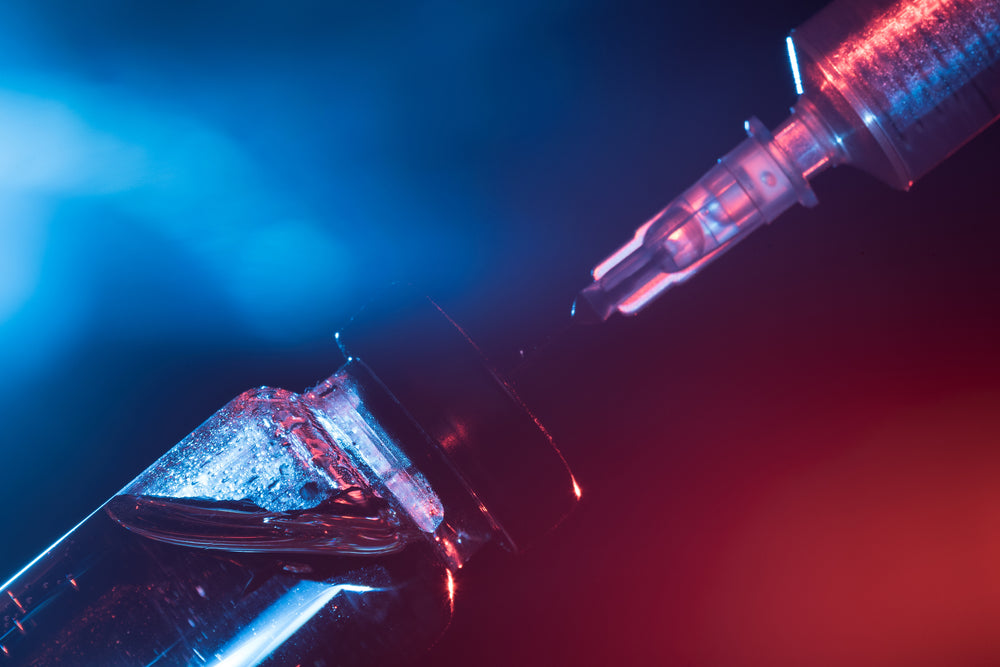Your Cart is Empty
The newly emerging, more transmissible strains pose a real threat to our already-overwhelmed health care system. Medical authorities are now in a rush to save the country from another major Covid bout and vaccinate as many people as quickly as possible.
After all, the new and highly contagious variants have already been forecasted to unleash an unprecedented spread, with even bigger numbers, ever stronger momentum, and greater speed. This in turn could lead to the emergence of yet more variants since the more a virus replicates, the higher the chances of new mutations.
In this race against time, some officials are focused primarily on inoculating larger masses with the first doses without proper planning for the second doses.
This approach to mass immunization can in fact be“dangerous,” says our leading infectious-disease expert, Dr. Anthony Fauci. And here’s why.
Researchers have explained the significance of the second shots time and again. A mere delay in the administering of a second dose can delay the vaccine’s “maximum potential output”. This in turn not only leaves the individual vulnerable to infection, but could also lead to what researchers have termed an“escape mutant.”
The danger of an escape mutant is that this version of the virus could be potent enough to survive additional vaccine shots while also making them ineffective. Fauci explains this phenomenon in the following words.
"If you have sub-optimum efficacy, you could, in fact, paradoxically be selecting for more mutations. That's the danger there. … It's taking a chance."
Simply put, the first dose alone is not strong enough to efficiently combat transmissibility. And can only come in full effect once the following dose has been given. Explaining this, Fauci said,
"The danger (of the first dose alone) is that the efficacy following a single dose is not as great as after the second dose.”
In his interview withThe Washington Post, Fauci shares the results of the Moderna and Pfizer clinical trials. Optimum vaccination results were only obtained upon receiving the second Pfizer dose 21 days following the first dose. While the Moderna vaccine responded best to the second dose being administered 28 days after the first.
Fauci warns against delaying second doses. Instead, he advises strict adherence to each vaccine’s recommended second dose schedule given thatboth Pfizer and Moderna vaccine’s initial doses are only 52% and 82% effective, respectively.
Hence the vaccines’ second dose is not only crucial to be administered, but it also has to be given at the right time. According to the CDC,
"The second dose should be administered as close to the recommended interval as possible." (However) If it is not feasible to adhere to the recommended interval, the second dose of Pfizer-BioNTech and Moderna COVID-19 vaccines may be scheduled for administration up to six weeks (42 days) after the first dose."
